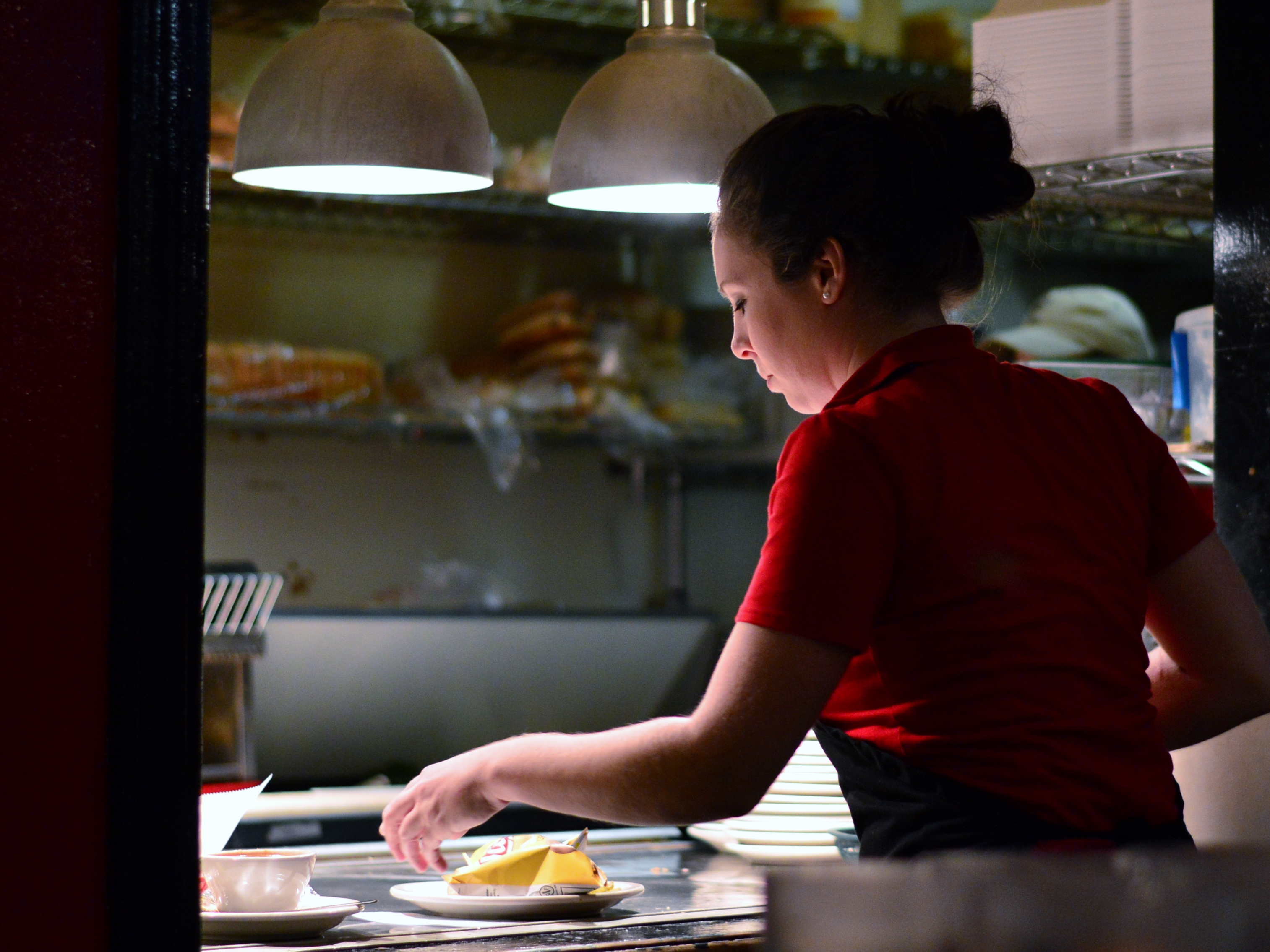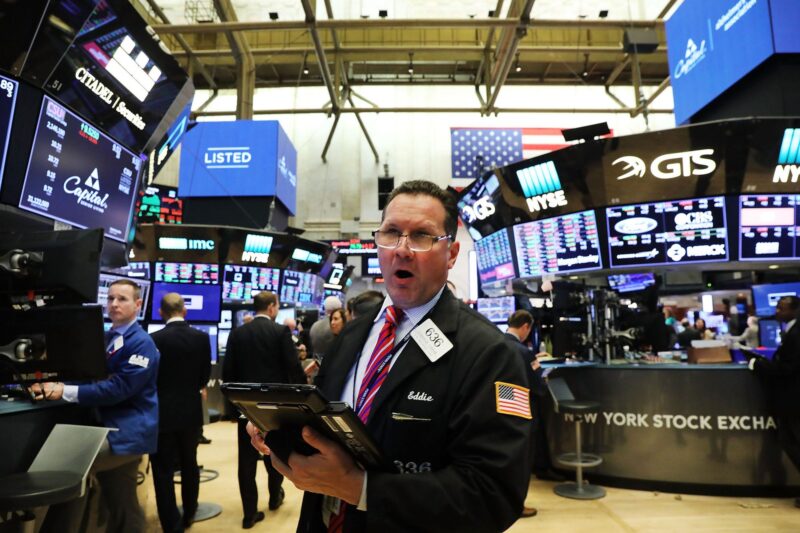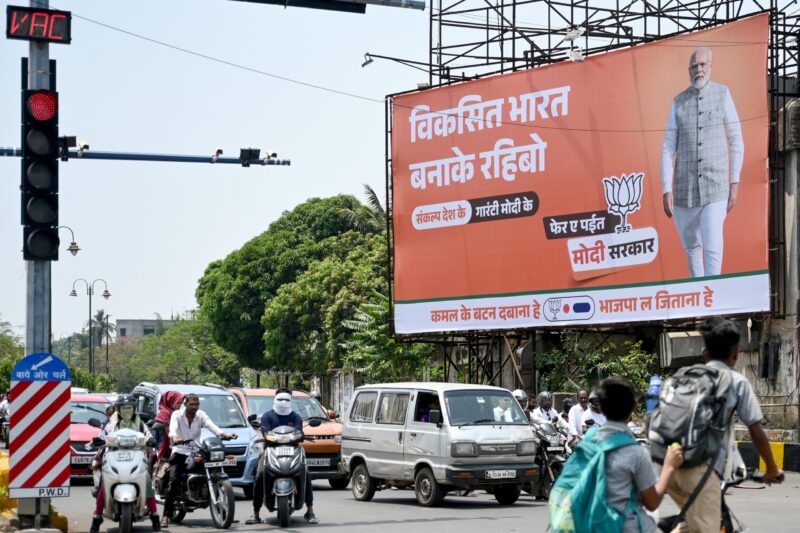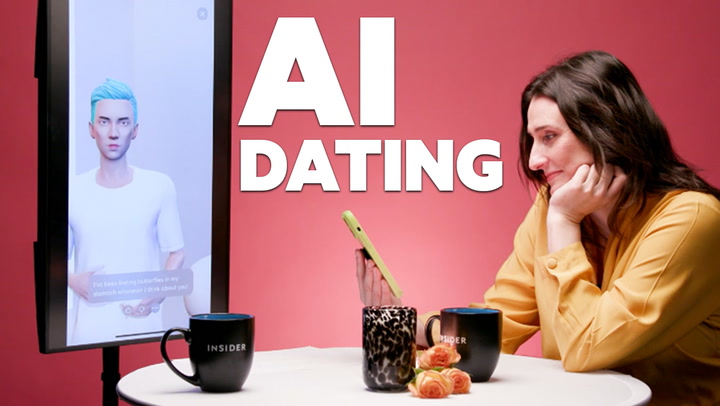- The CDC has issued guidelines on how to avoid spreading coronavirus, warning everyone to stay home if they feel sick. But for a lot of Americans, this isn’t possible.
- Research shows that hourly employees in the US are likely to come into work while sick, due to the lack of paid sick leave.
- Having sick employees in restaurants, ride-sharing cars, and retail stores can mitigate the spread of coronavirus.
- One former waitress, who went to work with swine flu, told Insider she sees this happening again with coronavirus.
- Visit Insider’s homepage for more stories.
During the 2009 swine flu outbreak, Lauren Rinaldi was 26, working as a server in Philadelphia. It was the busiest time of year, when restaurants were packed with locals and tourists and there were tips to be made. She didn’t feel well, but she decided to push through it and see a doctor afterwards. That doctor told her she had been working with swine flu, and was likely spreading it to the people around her.
“Missing shifts for an illness would have definitely affected our ability to pay for our expenses,” she told Insider in an email. She had a baby to take care of, a mortgage to pay, and student loan bills, and daycare costs to handle.
Rinaldi said her colleagues worked through other medical emergencies. A friend had a miscarriage while bartending and still finished her shift. Another friend badly sliced his finger, took a few minutes to duct tape his wound closed, and worked the rest of the week, never seeing a doctor or getting the stitches he needed.
“It’s the culture of the industry, but it’s also not wanting to risk losing your job, missing out on pay, and not having the money to see a doctor anyway,” wrote Rinaldi. “Nobody should have to feel like they have no choice but to work while they are sick, it’s dangerous for everyone.”
Rinaldi believes this will happen again with the novel coronavirus. "Taxi drivers will drive all day, restaurant workers will serve and prep food all day, retail workers will go to work," she wrote.
Currently, Rinaldi works as a yoga teacher, and she says she thinks she'll have to teach classes even if she's not feeling well. "I'm not selfish," she said. "It's just that, even now that my family is in a better financial position than we were 10 years ago, I don't want to see those hours deducted from my pay."
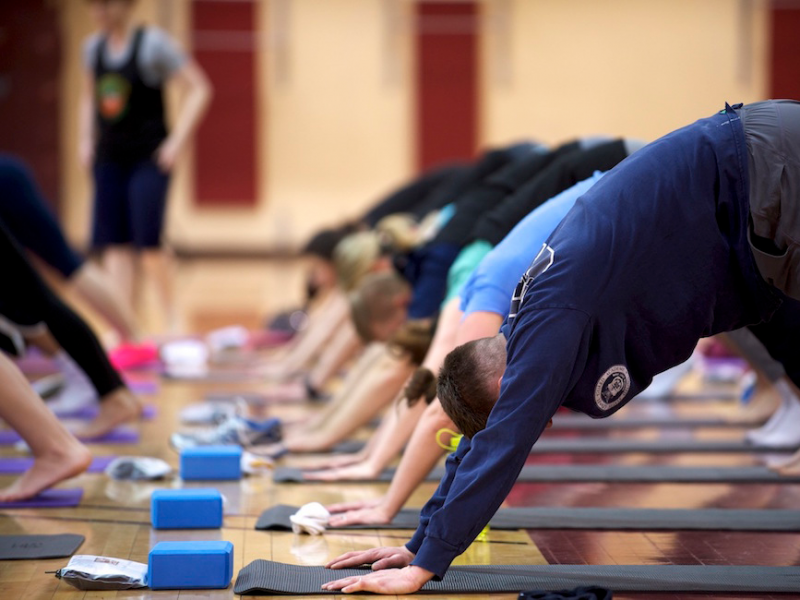
Rinaldi is one of a numbers of workers in the gig economy, a sector that covers restaurant workers, Uber drivers, and retail employees, that are concerned about the ways their workplaces can mitigate the spread of COVID-19, a novel coronavirus, by refusing to give sick employees paid time off.
The CDC released its guidelines on how to avoid spreading coronavirus, and for a lot of Americans, they're impossible to follow. The CDC encourages people to stay home when they're sick, but in a country where 27.5 million people are uninsured, and only 46% of service workers had paid sick leave, according to the U.S. Bureau of Labor Statistics, missing a day's work can mean missing a month's rent.
"If a worker feels sick but is able to go to work and carry out his or her duties, they will not stay home and risk losing that day's income," said Sandra Albrecht, of the Columbia University Mailman School of Public Health. "It's even worse if they do not have health insurance, and are in need of that income to pay for healthcare bills, as well as other costs of daily living."
Experts say the symptoms of coronavirus are likely to be mild, from runny noses to cough to fever, it's possible people can go to work with coronavirus and not know it.
"It's the winter and we frequently have colds or respiratory viruses," epidemiologist Jennifer Horney, of the University of Delaware, told Insider. "So you may just be used to dealing with something mild like that. And think well, I'm nowhere near sick enough to stay home from work."
We can look to the 2009 swine flu outbreak as a parallel, one expert says
In 2009, during the H1N1 ("swine flu") outbreak, the CDC released guidelines similar to the coronavirus guidelines, recommending anyone sick stay home. Nonetheless, more than 8 million workers went to work between September and November 2009, according to one report from the Institute for Women's Policy Research.
Previous research found that lower income neighborhoods were hit hardest by influenza, in part due to lack of access to proper medical care and packed housing, and some researchers this may be what happens with the coronavirus.
"I think influenza probably one of our best models to compare to this coronavirus," said Horney. "It looks like this is about as transmissible as a seasonal influenza, so every one sick person could infect two or three other people."
On Twitter, gig economy workers are sharing stories about the times they worked while sick
I was a bar manager when I got Whooping Cough (misdiagnosed for 2 months) #IWorkedSick the whole time. One night I was carrying a tray of drinks over my head, started coughing, tore the cartilage between 2 ribs and blacked out. Bar owner stood over me and said "SO DRAMATIC." https://t.co/bXj9mDg1h9
— Skylar Park (@TheWindAndRain) February 29, 2020
On Twitter, with the hashtag #IWorkedSick, service workers, including Rinaldi, are sharing stories about the times they went into work sick. One person described heading into work as a bar manager with whooping cough. Another described working with pneumonia, and leaving work to sleep for three unpaid days.
"Those restaurants that developed pandemic flu plans in 2009 need to take them out, dust them off and update them," Roslyn Stone, chief operating officer at Zero Hour Health, a firm that handles health crises for restaurants, told RestaurantBusinessOnline.com, an online magazine for restaurant owners.
But Stone stressed that a change in company culture was necessary. "The industry changes that by embedding it in your culture," she said. "'We don't work sick. We are not going to work sick ourselves.' Managers are going to have to model that behavior."
Plenty of research shows many Americans will come into work sick
Over a quarter of Americans have confessed to coming to work sick, and 37% of those people say they just can't afford to take off. A 2,800-person survey by staffing company Accountemps found that nine out of 10 employees admitted to going to work sick. A third survey, conducted by cold medication company Robitussin, found out that 78% of the 2,000 people surveyed reported "feeling pressure to power through the workday when they're feeling under the weather."
And traditional American work culture, which tends to treat requests for sick days with suspicion, doesn't help. At Chipotle, nurses will call people to ensure they are genuinely sick and not just hungover, while a 2017 report found that corporate monolith Walmart punished employees for taking sick days.
America's policies are an anomaly compared to the paid sick leave policy of other developed countries. In France, social security and the employers must work together to pay the employee 90% of their salary for at least 30 days of illness. In Germany, employers are legally required to pay a full six weeks of salary to employees. In fact, 98 countries guarantee at least a month's worth of paid sick days.
One 2018 study found that flu rates fell by 40% in cities that demanded sick leave.
If you have to go to work, just remember the regular advice about hand-washing and not touching your face, said Horney.
Read more:
The $9 billion reason you should never show up to work sick
Chipotle has nurses check if some workers who call in sick are just hungover
